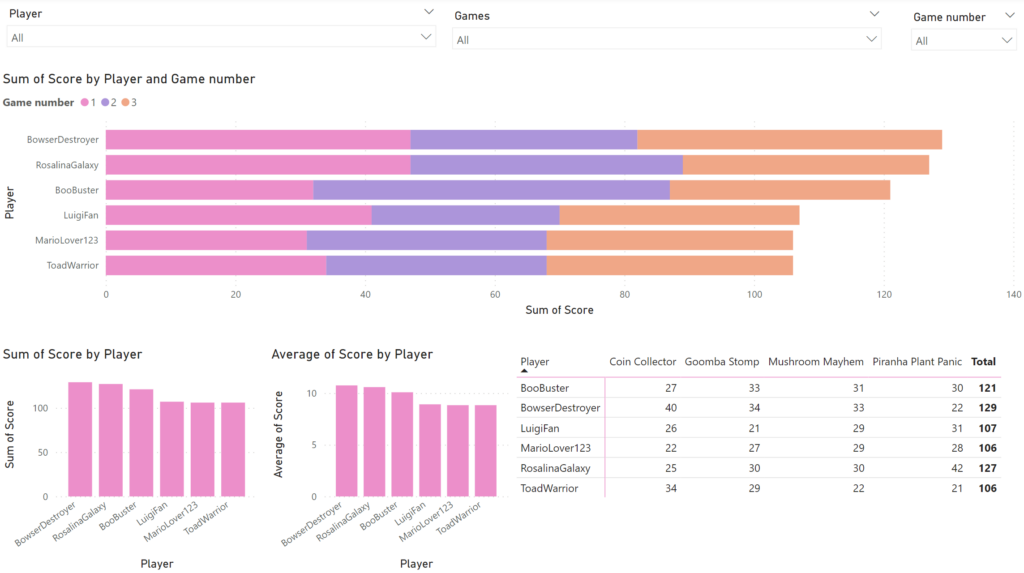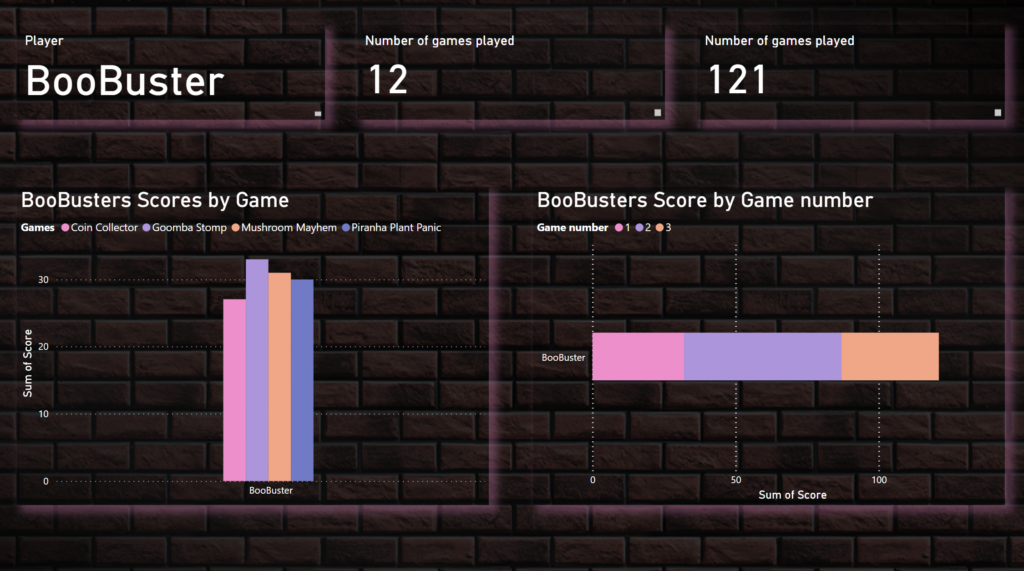This post has the topic within Most Extreme Business Value category

Dataminer

Dash it out
At first glance, Peach Mini Games might seem like pure fun – a temporary escape from the realities of everyday life and an invitation to indulge into a dream. However, that’s where one truly misses the mark. When deeply exploring Peach Mini Games it is like stepping into a classic ‘Mullet’ situation: Business in the front, party in the back. Or maybe it is the other way around. Anyway…

You’re met with vibrant colors, pixel-perfection that would make anyone envious, and scalability smoother than a cat’s movement. But beneath this lies a complex tapestry of business value.
Hangman
Through our Hangman game, one not only learns the player meanings of words but also how they are spelled. Research has shown that the use of Hangman for these purposes is highly effective. Studies indicate that this method is motivational for learning, providing a playful approach that makes it more engaging for participants. Additionally, research suggests that interactivity, such as actively participating in game-based learning like Hangman, can enhance vocabulary and spelling skills more effectively than traditional methods.
Reference: https://jurnal.untan.ac.id/index.php/JEEP/article/viewFile/57-65/75676588091
Quiz
To complete the task of saving Mario, Princess Peach must pass a quiz. The quiz is integrated with ChatGPT and serves both as an entertaining and educational part of the game. At the same time, the concept is so versatile that it can be directly applied to create business value in the field of education.
Imagine a scenario where one configures a quiz within a specific subject area. Students can use this quiz to practice and identify knowledge gaps, while ensuring they rely on reliable sources. This setup provides teachers with control over information access, limiting students’ searches to a secure environment instead of allowing unrestricted internet browsing.
Statistics
Similar to how the games described above can motivate learning, our PowerBI scoreboard can better equip teachers to understand what students know and what they need to work on, both on a group and individual level. The statistics can pinpoint specific areas that require more attention, ensuring teachers use their time effectively and work in a more data-driven manner.



Can you expand on the datamining part? Where is the data coming from? How is it being used?
Using generic/hallucinating data from the the LLM in e.g. ChatGPT is a bit hit and miss if it solves your scenario with truthful data for a teaching quiz….